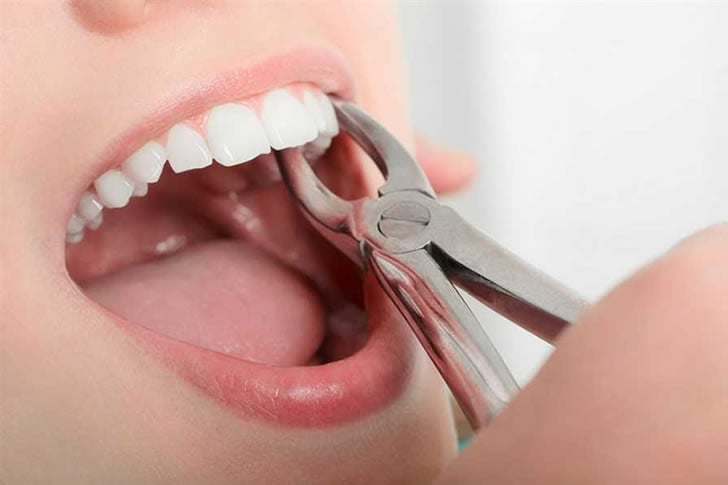Dental extractions, commonly known as tooth removals, are routine procedures. Proper oral care before and after extraction is crucial for a swift recovery and overall dental health.

Understanding Dental Extraction and Tooth Removal
What is Dental Extraction?
Dental extraction is a procedure where a tooth is removed from its socket in the bone. This process is often necessary due to various reasons such as severe decay, impaction, or infection.
Reasons for Tooth Removal
- When a tooth is severely decayed or infected, and other treatments like fillings or root canals are not viable, removal might be the top option.
- This often occurs with wisdom teeth that do not have enough room to emerge or develop normally.
- Sometimes teeth are removed to prepare the mouth for orthodontic treatments that align teeth properly.
Preparing for Dental Extraction
Consulting Your Dentist:
Before the procedure, your dentist will evaluate your dental and medical health. This includes:
- To understand the tooth's position and the condition of the bone and tissue.
- To check for underlying health issues that might complicate the procedure.
Pre-Procedure Tips:
- Inform your dentist about any medications, supplements, or allergies.
- Arrange for someone to drive you home post-extraction, especially if sedation is involved.
- Usually, it’s recommended not to eat or drink anything 6-8 hours before the procedure if sedation or general anesthesia is used.
The Tooth Removal Process
Types of Extraction:
- For visible teeth. The dentist loosens the tooth with an elevator before removing it with forceps.
- For teeth that are broken, below the gum line, or impacted. This involves a small incision in the gum, and sometimes bone removal.
During the Procedure:
- For simple extractions.
- For surgical extractions or if multiple teeth are being removed.
Post-Extraction Oral Care
Immediate Aftercare:
- Bite down to control bleeding and aid clot formation.
- Apply to the outside cheek to reduce swelling.
- Avoid strenuous activities for at least 24 hours.
Pain Management:
- Take prescribed painkillers and antibiotics as directed.
- Stay away from hard, crunchy, or hot foods that might irritate the extraction site.
Hygiene Tips:
- Avoid rinsing your mouth or spitting forcefully for the first 24 hours to prevent dislodging the blood clot.
- Maintain oral hygiene but avoid the extraction site. Use a soft-bristled toothbrush.
- After 24 hours, rinse with a saltwater solution to keep the area clean and reduce swelling.
Long-Term Oral Care After Tooth Removal
Diet Adjustments:
- Stick to a diet of soft foods like yogurt, applesauce, and smoothies for a few days.
- Drink plenty of fluids but avoid using a straw to prevent dry socket.
Continuing Dental Hygiene:
- After initial healing, resume normal brushing and flossing routines to prevent infection.
- Visit your dentist regularly for check-ups to monitor healing and overall dental health.
Potential Complications and When to See a Dentist
Common Complications:
- When the blood clot dissolves or gets dislodged, exposing the bone and nerves.
- Symptoms include fever, worsening pain, and pus.
When to Seek Help:
Contact your dentist if you experience:
- Severe pain not relieved by medications.
- Excessive bleeding.
- Signs of infection like swelling, redness, or pus.
Enhancing Oral Care Post-Extraction
Healthy Habits:
- Maintain a balanced diet rich in vitamins and minerals to aid recovery.
- Regular water intake to keep your mouth clean.
Avoiding Harmful Practices:
- Avoid smoking or using tobacco products as they can hinder healing.
- Refrain from alcohol consumption while on medication and during the initial healing phase.
Dental extraction is a significant procedure but with proper care, recovery is often swift and uneventful. Keep these tips in mind for a healthy mouth post tooth removal.









